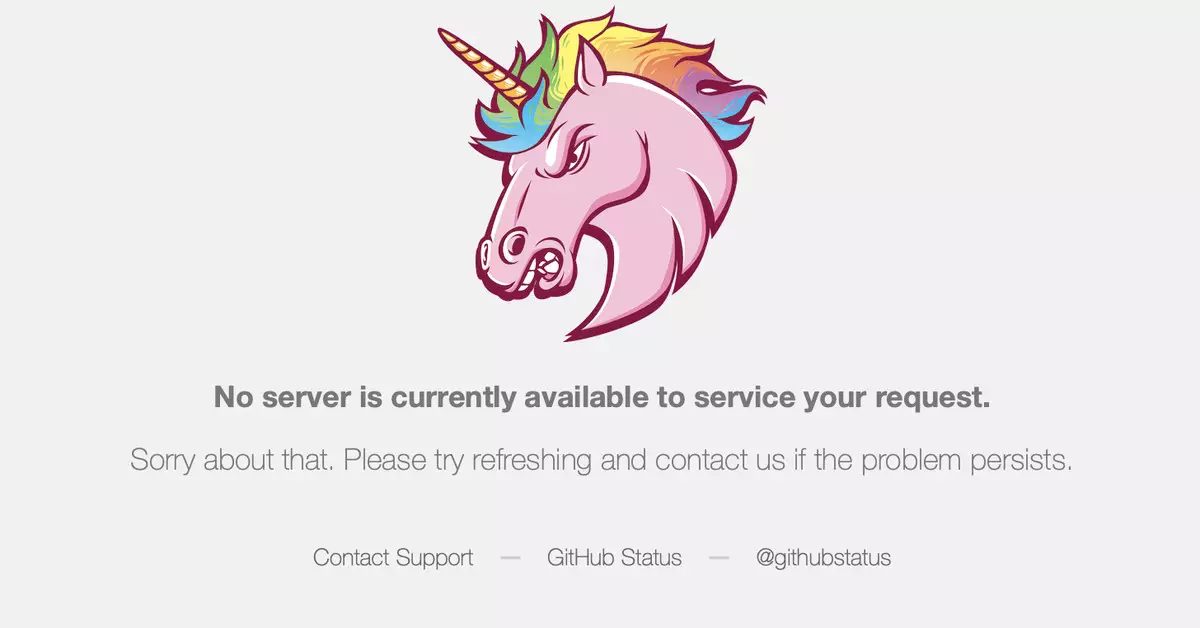On Wednesday, GitHub, the renowned code repository and developer platform, experienced significant disruptions that affected its website and various services. The root cause of the problems was traced back to changes made to the company’s database infrastructure. Users attempting to access the main GitHub website were greeted with an error message stating “no server is currently available to service your request.” This unexpected downtime left many developers and tech enthusiasts frustrated.
Following the tumultuous period of downtime, GitHub swiftly took action to address the issue. The company rolled back the changes to its database infrastructure, which ultimately resolved the disruptions. In a reassuring update, GitHub announced that its services were now “fully operational.” The timely response and efficient resolution of the technical problems showcased GitHub’s dedication to providing reliable and stable services to its users.
The outages not only affected the main GitHub website but also caused disruptions to critical functions such as pull requests, GitHub Pages, Copilot, and the GitHub API. This widespread impact underscored the importance of maintaining robust and resilient infrastructure to prevent such incidents from occurring in the future. Customers rely on GitHub for seamless collaboration and version control, making any service interruptions a cause for concern.
The severity of the situation became evident as GitHub continued to provide updates on the ongoing issues. User reports on Downdetector surpassed 10,000, highlighting the scale and suddenness of the problems faced by the platform. Despite the initial challenges, GitHub’s swift response and diligent efforts to rectify the situation ultimately led to the restoration of normalcy. The incident served as a stark reminder of the inherent risks associated with managing complex database systems.
As GitHub emerges from this crisis, it serves as a valuable learning opportunity for the company and its stakeholders. Proactive monitoring, robust disaster recovery mechanisms, and effective communication protocols are imperative in mitigating the impact of unforeseen technical issues. By analyzing the root causes of the disruptions and implementing preventive measures, GitHub can strengthen its infrastructure resilience and enhance customer confidence in its services.
GitHub’s recent bout of outages underscored the importance of proactive risk management and swift incident response in the fast-paced world of technology. While disruptions may be unavoidable, it is the way in which companies address and resolve these challenges that ultimately defines their reliability and customer trust. As GitHub navigates the road to recovery, the lessons learned from this experience will undoubtedly shape its future approach to maintaining a robust and resilient platform for developers worldwide.


Leave a Reply